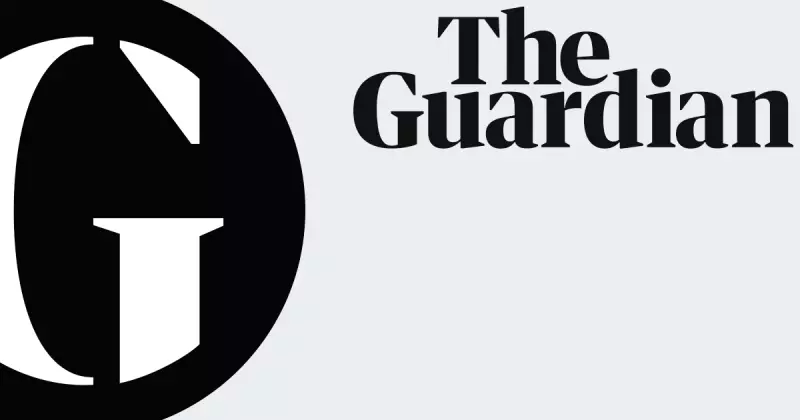
BBC Faces Fresh Controversy Over Edited Trump Speech
The BBC is confronting another significant editorial crisis after its flagship programme Newsnight was accused of selectively editing a Donald Trump speech from the day of the Capitol riot. This marks the second time a major BBC news show has faced such allegations, following a similar controversy with Panorama last year that contributed to the resignation of senior executives.
The Editing Controversy Unveiled
An investigation by The Telegraph revealed that a 2022 edition of Newsnight contained a spliced version of Trump's address on 6 January 2021. The edit strategically combined two distinct parts of his speech. It merged his call for supporters to "walk down to the Capitol" with a later segment where he urged them to "fight like hell".
Crucially, the broadcast did not alert viewers to this editorial cut. The original phrases were delivered almost an hour apart during Trump's actual speech. This presentation created the impression of a more direct and explicit call for violent protest than what occurred in the unedited address.
Mounting Pressure and Legal Consequences
The corporation is already dealing with the aftermath of the Panorama edit, which was broadcast a week before the US election. That programme similarly suggested Trump told the crowd: "We're going to walk down to the Capitol and I'll be there with you, and we fight. We fight like hell."
The fallout has been substantial. Former White House chief of staff Mick Mulvaney publicly criticised the BBC at the time, pointing out the spliced footage during an on-air appearance. More significantly, Donald Trump has since filed a billion-dollar lawsuit in a Florida court relating to these matters, according to the White House.
Internally, the BBC appears divided. While some argue the Panorama edit did not significantly alter the speech's meaning, the BBC's chair, Samir Shah, has apologised, stating the edit gave the impression "of a direct call for violent action".
Systemic Concerns and BBC Response
Concerns about potential systemic bias were raised in a memo by Michael Prescott, a former independent external adviser to the BBC's editorial guidelines and standards committee. Prescott cited instances he believed demonstrated a pattern, though the corporation has denied these allegations.
In response to the Newsnight allegations, a BBC spokesperson stated: "The BBC holds itself to the highest editorial standards. This matter has been brought to our attention and we are now looking into it." The corporation is currently considering its response to Trump's legal claim as it navigates this deepening crisis.





